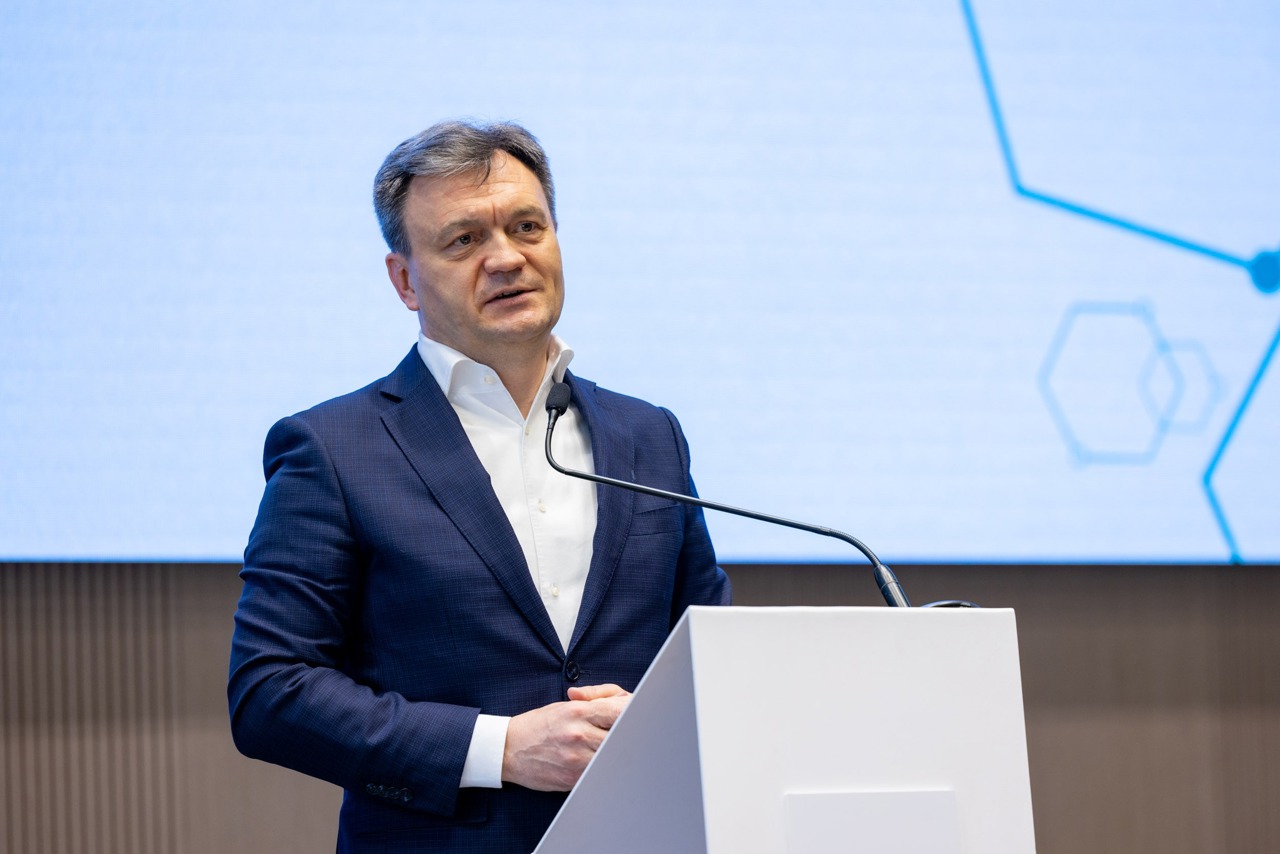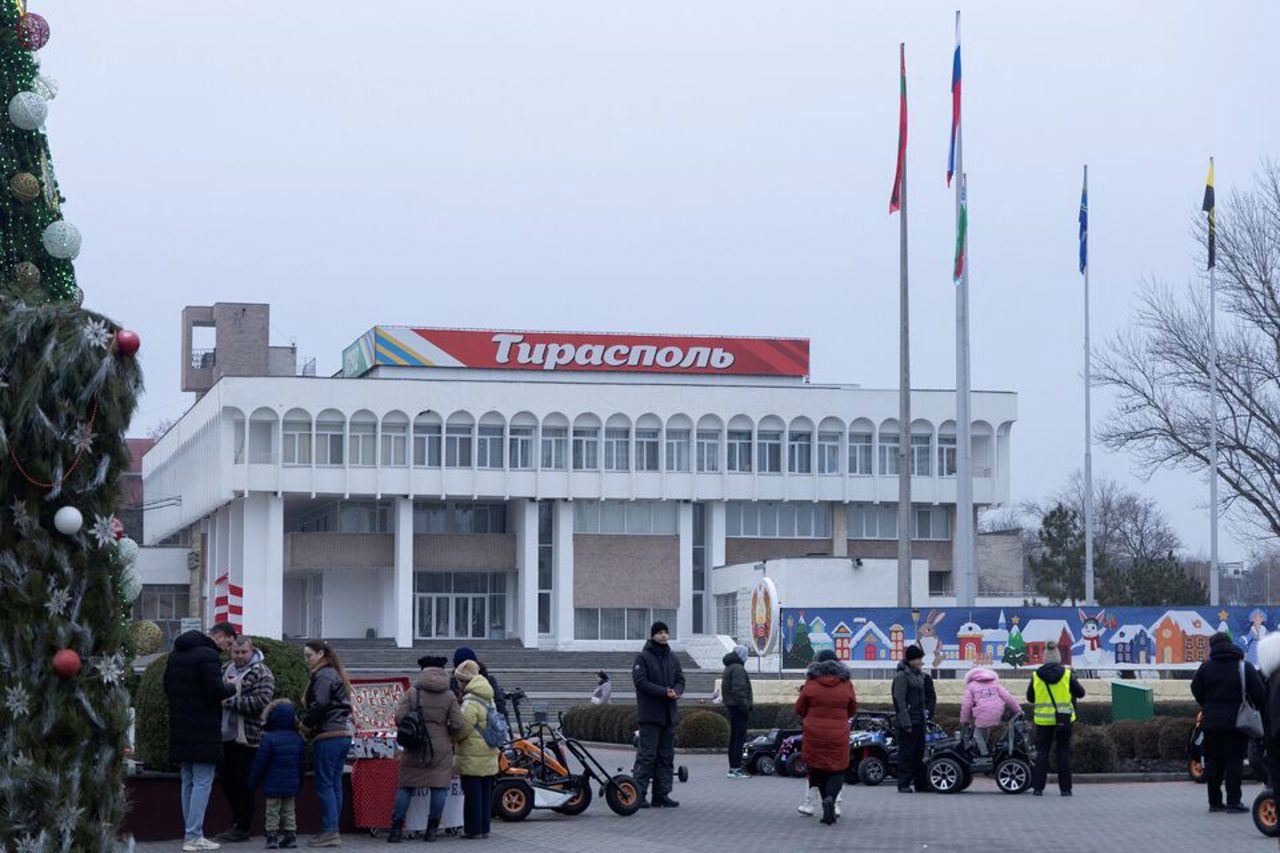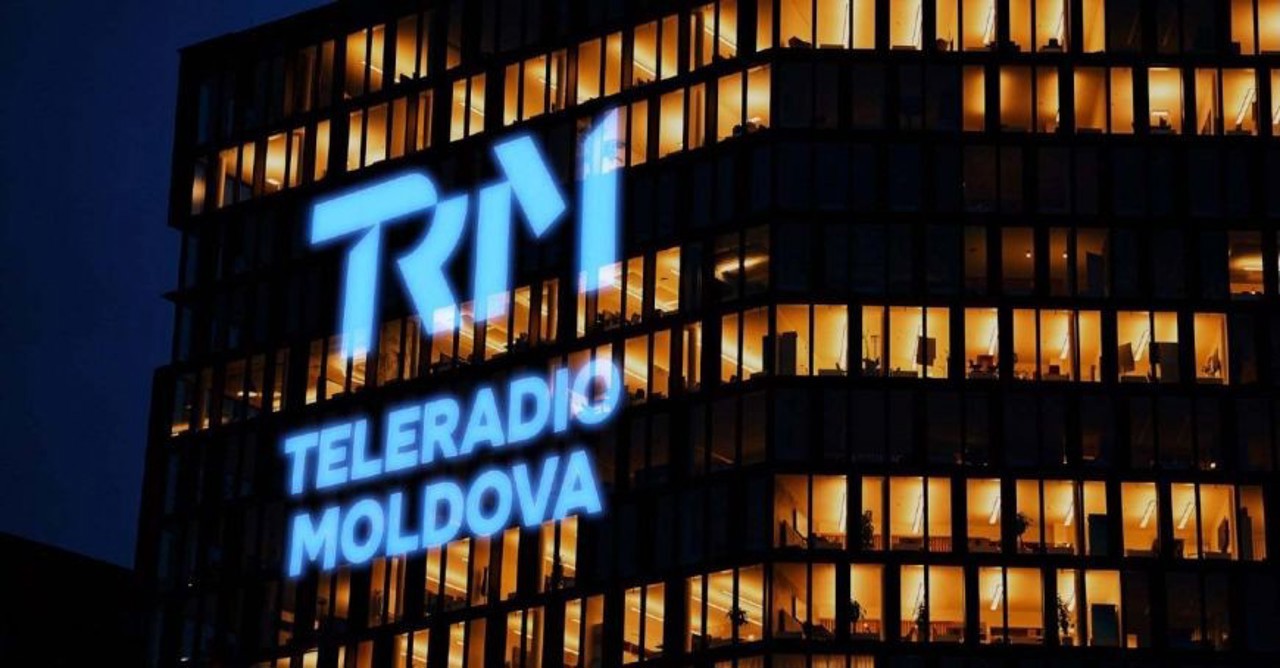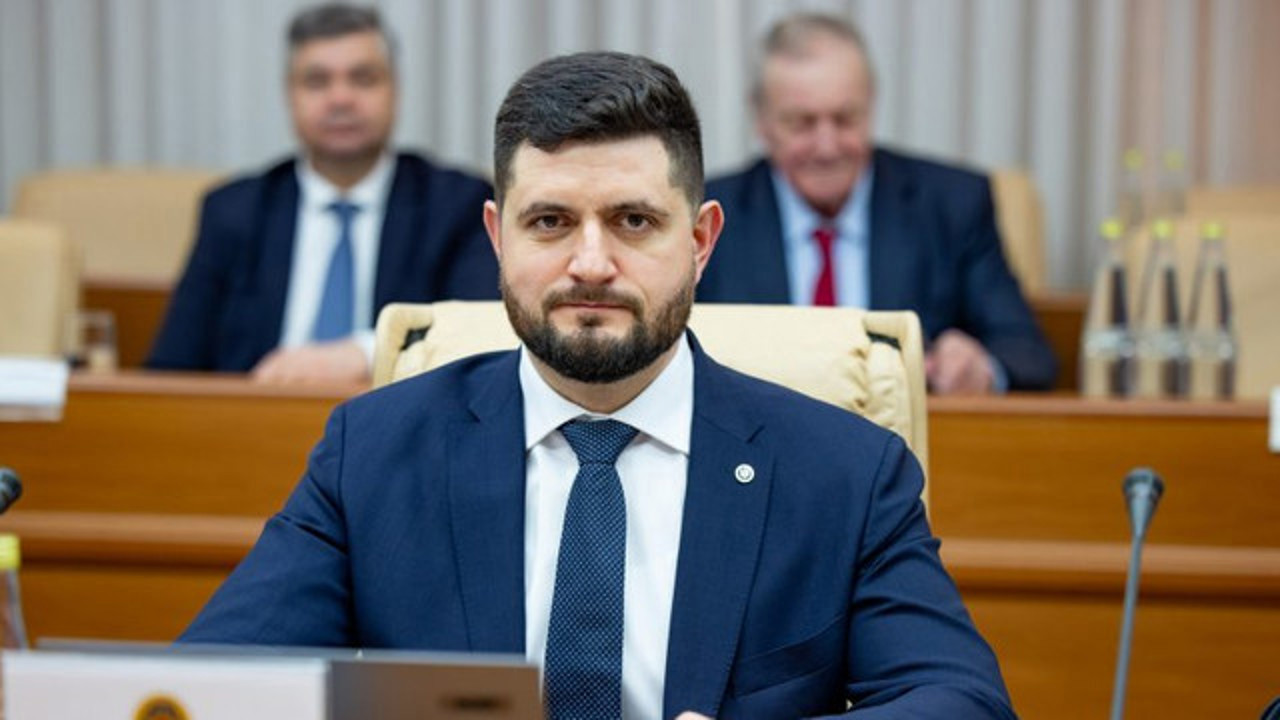Moldova faces Russian economic, political threats

Discussions about the situation in the Transnistrian region are justified, but they risk slipping into a divisive agenda imposed by external forces, particularly when ideal solutions are elusive.
This is how Prime Minister Dorin Recean commented on the information that the industry in the Transnistrian region had resumed its activity, despite the gas delivered to the left bank of the Dniester being intended exclusively for the needs of the population and social objectives.
'While we debate whether smoke is rising from Rîbnița, Russia is once again economically attacking Moldova and actively grooming politicians to seize control of our country, serving another state instead of our people. This effort of division is compounded by the unprecedented financing of separatism in other regions of Moldova,' Dorin Recean noted on Facebook shortly after Ziarul de Gardă published an article about the resumption of activity at the cement and metallurgical plants in Rîbnița, which had suspended their activity in early January 2025 due to the gas crisis.
The Prime Minister neither confirmed nor denied this information, but stressed that 'appropriate' decisions would be taken. Previously, Dorin Recean stated that the large industry in the Transnistrian region would be taxed if it resumes its activity.
'Our duty is to make prudent and sound decisions for our country, given that we face a far greater threat that affects us all equally,' Dorin Recean emphasized.
Referring to the ban imposed by Russia on Moldovan carriers, the head of the cabinet of ministers specified that it affects 115 carriers who were symbolically blocked on the same day that, a few years ago, Russia imposed an embargo on wines, fruits, vegetables, canned goods and destroyed Moldovan companies.
'Bankrupt enterprises, people without work, losses in the economy - this is the goal of a state that wants to bring us to our knees and create conflict among us, in our own home. To pit the banks of the Dniester against each other. To divide us among ourselves,' the Prime Minister pointed out, urging unity and wisdom.
Starting on Thursday, March 28, 2025, carriers from the Republic of Moldova can no longer enter the territory of the Russian Federation, not even in transit. The measure was approved by a decision of the Moscow Government.
The Russian Federation has historically used trade embargoes as a tool for political pressure. In the last 20 years, Russia has imposed at least seven bans on Moldovan products:
2006: embargo on Moldovan wines;
2013: embargo on wine products, citing non-compliance with safety requirements;
2014: ban on the supply of canned fruits and vegetables, justified by non-compliance with Russian legislation;
2014: embargo on the import of fruits (apples, pears, quinces, apricots, cherries, peaches, nectarines, plums);
2014: unjustified suspension of meat imports, following an inspection;
2022: temporary suspension of the import of fruits and vegetables from almost all districts of the Republic of Moldova;
2023: complete embargo on the import of fruits and vegetables.
Official data indicates that, in 2024, Russia's share of Moldova's total trade was 2.6%, comprising 3.3% of exports and 2.3% of imports. The total value of trade exchanges was 326.2 million US dollars, of which 117.7 million for exports and 208.5 million for imports.
Translation by IUrie Tataru






